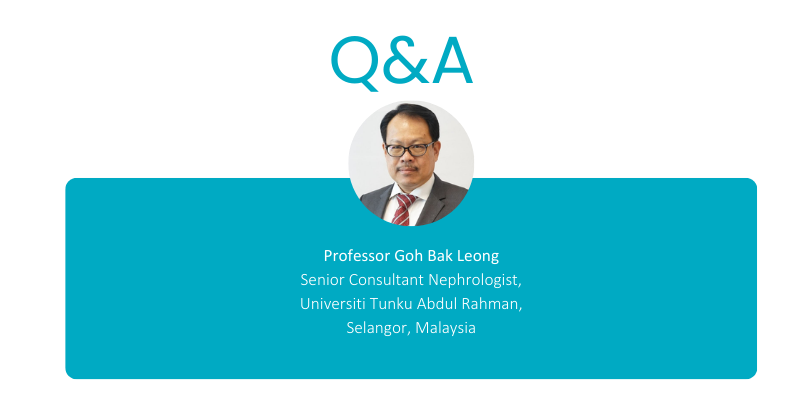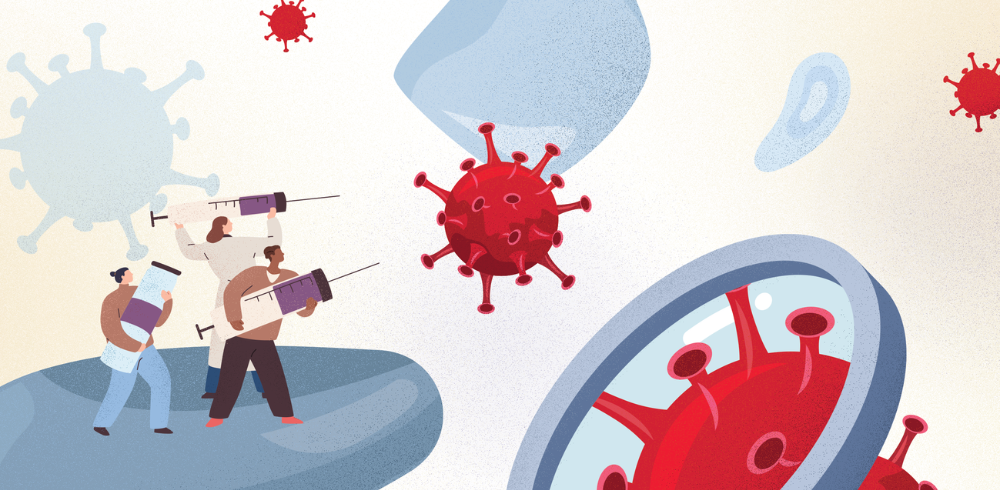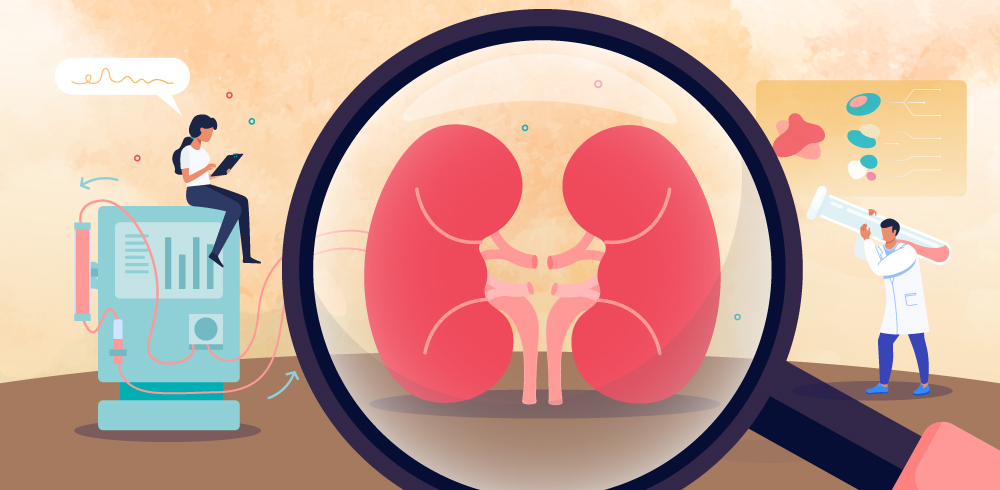From hospital to home: Uberizing the future of PD care
18 Sep 2025
Share
Healthcare delivery is undergoing a transformation, with on-demand and technology-driven frameworks redefining how patients connect with care.1 At the 11th Asia Pacific Chapter Meeting of the International Society of Peritoneal Dialysis (APCM-ISPD) in conjunction with the 39th Annual Congress of the Malaysian Society of Nephrology (MSN) 2025, Professor Dr. Goh Bak Leong, senior consultant nephrologist , explored the concept of “uberization of healthcare” during his plenary lecture and shared his vision using peritoneal dialysis (PD) as a case study in Malaysia during COVID-19 pandemic.1 The approach was framed as a transition toward more patient-centered, convenient, on demand, flexible, and continuity-driven services, emphasizing that “the goal is not to replace traditional care but to complement it with technology that brings healthcare closer to patients.”
The momentum for this transition is driven by multiple factors: advances in artificial intelligence (AI), the expansion of telemedicine platforms, rising patient expectations for convenience and accessibility, and the push toward a more patient-centric experience.1 These forces echo wider trends across medicine, where teleconsultations, on-demand ambulance services, at-home laboratory testing, and digital staffing platforms are already reshaping patient pathways. Taken together, these changes highlight the evolving dynamics of patient care.1
The COVID-19 pandemic served as an important catalyst in accelerating this transformation.1 Prof. Goh shared the hospital-led initiatives he spearheaded, which introduced home-based PD training delivered by nurses (both public and private nurses), supported by close collaboration among multidisciplinary teams.1 Patients were monitored remotely and systematically, ensuring continuity of care while minimizing infection risk.1 “The pandemic showed us that decentralized PD care is not only possible but also effective,” adding that many of these approaches remain valuable in the post-pandemic era.1
Beyond pandemic measures, the true promise of decentralized model is also seen in everyday life.1 Patients gain easier access to services without the burden of travel, parking, and long waiting times, while families face less disruption to their routines.1 At a broader level, reducing the need for multiple specialty visits may help streamline care pathways and optimize healthcare resources, paving the way for more sustainable, patient-friendly care.1
As technology continues to evolve, so too does the scope of PD care.1 Remote monitoring of automated PD has already demonstrated cost efficiency.1 Dialysis-specific apps are increasingly supporting patients in managing their therapy at home, helping them track exchanges, symptoms, and treatment data.1 In parallel, telenephrology platforms can enhance connectivity between patients and clinicians, enabling more timely interventions and ongoing support.1 Looking ahead, Prof. Goh envisioned that the broader adoption of services such as medication home delivery, home phlebotomy, and AI-driven diagnostic support could contribute to more seamless and patient-friendly care.1
Yet, these advances are not without their challenges. Data privacy and security were underscored as paramount, alongside the need for robust quality assurance frameworks to safeguard standards of care.1 Risks were also noted, including the potential weakening of doctor-patient relationships, the rise of profit-driven care systems, and the difficulty of adapting regulations to emerging digital health platforms.1 In this context, Prof. Goh emphasized that “teleconsultation should never be seen as a substitute for a thorough physical examination or emergency care,” positioning digital health as an extension of conventional practice, rather than replaces, in-person care.1
In conclusion, the future of PD lies in harnessing innovation without losing sight of clinical fundamentals.1 Uberizing care offers pragmatic solutions to long-standing healthcare challenges such as limited accessibility, long waiting times, and resource-intensive hospital visits.1 The use of blockchain technology for secure medical records and the emergence of one-stop digital health ecosystems may help bring this vision of “uberized” care closer to reality.1 By embracing digital tools and reimagined models of care, PD may set the benchmark for how renal replacement therapy can become more accessible, patient-centered, and sustainable in the years ahead.1

In an interview with Omnihealth Practice, Professor Dr. Goh Bak Leong highlighted how “uberizing” PD is reinventing care and supporting better quality of life for patients.
Q1: What does “uberizing” PD really mean in practice for patients and clinicians?
Prof. Goh: It is about making PD more accessible and flexible through digital tools and new models of care. For patients, this means less travel, fewer hospital visits, and care that fits better into their daily lives. For clinicians, it creates opportunities to monitor patients remotely, reduce hospitalizations, and use time more efficiently. The goal is not to replace the clinic, but to extend care into the home in a safe and structured way.
Q2: What are the key barriers to “uberizing” PD, and how can we address them?
Prof. Goh: The main challenges are ensuring data privacy, maintaining quality standards, and adapting regulations to keep pace with digital care. There is also the human factor: some providers may be hesitant to adapt to new platforms, while patients may worry about losing the personal connection with their doctor. To overcome this, we need strong governance on data use, clear clinical frameworks to assure safety, and education for both clinicians and patients to build confidence in the system.
Q3: From the patient’s perspective, how does an “uberized” PD structures improve quality of life?
Prof. Goh: Convenience is the biggest benefit. Patients can save time and money on travel, avoid long waits, and involve family members less in day-to-day logistics and commute. Decentralizing care also reduces the need for frequent clinic visits, which is especially valuable for elderly patients, those with limited mobility, or individuals living with physical disabilities. At the same time, fewer sequential visits to multiple specialists help streamline the overall experience.
Patients often feel more empowered when they can use apps to communicate, track their care, or even receive medications and tests at home. These small changes add up to less disruption and better continuity of care.
References
- Goh BL. Peritoneal dialysis – An answer to uberisation of care?. Presented at the 11th Asia Pacific Chapter Meeting of the International Society of Peritoneal Dialysis (APCM-ISPD) in conjunction with the 39th Annual Congress of the Malaysian Society of Nephrology (MSN) 2025; Sep 3-7, 2025.




